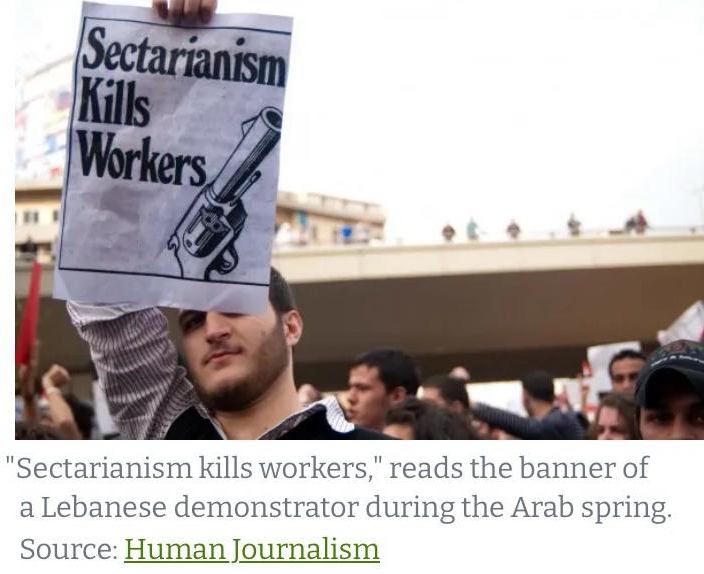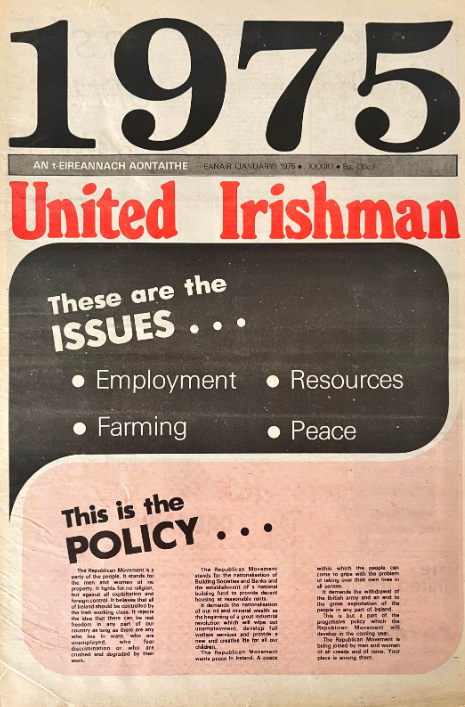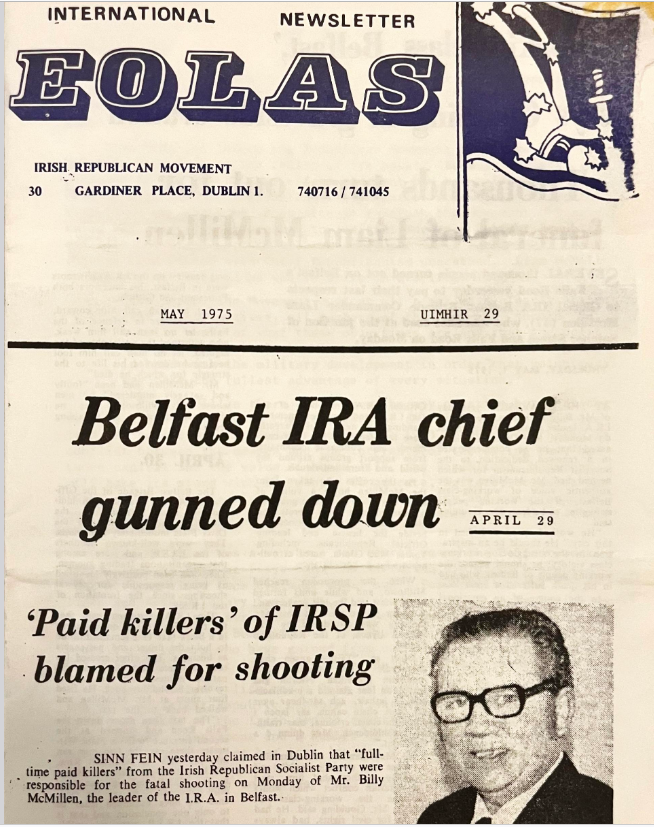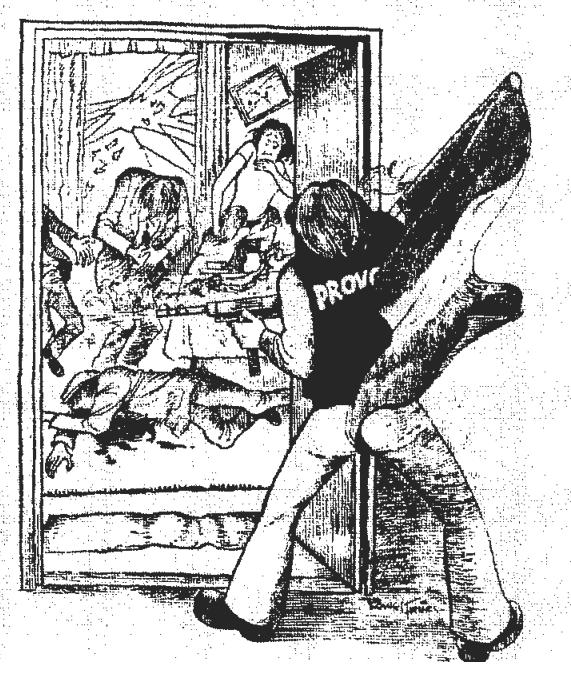
Remembering 1975
Speech delivered by Comrade Gerry Grainger, Workers Party CEC, at Milltown Cemetery, Saturday 1st November, commemorating members and supporters murdered and injured in 1975 by ultra-leftist and nationalist terror gangs
Comrades and friends,
Today, we mark a dramatic and tragic year in our history as we commemorate the fiftieth anniversary of the 1975 attacks against our Party, its members, supporters and their families. 1975 was a time when our very political existence came under attack. In addition to the threats from a repressive state and its various agents, the Republican Clubs / Official Republican Movement (as a precursor to the present-day Workers Party) faced first, dangerous and misguided elements who rejected the political analysis, direction and vision laid out by the leadership of our Party with the determined support of the membership and secondly, those external forces (the right-wing Provisional Alliance with the cooperation of the state) which launched a murderous assault, a vicious pogrom, to eliminate this Party.
In 1975 this organisation was actively engaged in the process of transforming itself into a revolutionary party of and for the working class as a necessary step in creating a democratic, secular, socialist unitary state on the island of Ireland - a Republic. This prospect posed a threat to both states on this island, to reactionary forces opposed to change and to those wedded to the nationalist nostalgia of yesteryear and a narrow sectarian vision incapable of understanding, let alone leading, a united working class towards their own liberation. These forces, right and ultra-left, failed to understand the true nature of imperialism as the highest stage of capitalism. They wilfully dismissed the dangers of sectarianism and the threat to class unity.
But advanced thinking comes at a price and that price was paid in full by our members and supporters in 1975.
In 1975, our Party had recognised the necessity of building links with progressive and liberation forces throughout the world. We recognised that our struggle had to be a struggle for socialism. We had visitors from revolutionary struggles across the globe. We visited them. We shared a common struggle. We saw beyond the narrow confines of national borders, as we do today. In Lebanon, during protests against sectarianism, our “Sectarianism Kills Workers” poster was held aloft in Beirut.
This vision separated us, and still separates us, from the restrictive, regressive ideas of those who lack any plan for a better socialist future. And it put our comrades in the firing line.

In 1972, in the Bodenstown speech, our movement set itself the task of carrying out political, economic, social and cultural struggle to build class consciousness and links with progressive forces.
In January 1975, the United Irishman set out the policies for which we stood, stating that the Republican movement “stands for the men and women of no property. It fights for no religion, but against all exploitation and foreign control. It believes that all of Ireland should be controlled by the Irish working class. It rejects the idea that there can be real freedom in any part of our country as long as there are any who live in want, who are unemployed, who fear discrimination or who are crushed and degraded by their work.”

In its editorial that month, the United Irishman declared: “In retrospect, 1974 can be seen as the year in which the republican movement consolidated its claim to be the only party capable of representing the Irish working class …” The paper also printed a letter written by Israeli Jews in defence of the rights of the Palestinians. It noted how women were second-class citizens; highlighted the drastic need for housing; announced its support for the Union of Students in Ireland’s demand for increased funding in education at all levels; stated the need to oppose repressive legislation and it attacked the exploitation of Ireland’s natural resources by the capitalist monopolies referencing “The Great Irish Oil and Gas Robbery”.
Later in 1975, the UI declared that “civil rights” was the answer to “civil war”.
On Wednesday, 12 February 1975, a number of ‘Incident Centres' were established in non-unionist areas. These were staffed by members of the Provisionals who liaised with government officials at the Northern Ireland Office. It was no coincidence that the British Army made no effort to constrain the campaign of murder and intimidation across the city which followed.
The actions of the ultra-leftists in 1975, which openly allied themselves with the reactionary sectarianism of the Provisionals, led inevitably to conflict. The murder of Sean Fox on 25th February was followed by a campaign of violence against members and supporters of the Republican Clubs. There was an attempt to murder Sean Garland in Dublin on 1st March. Paul Crawford (25) was shot dead on the Falls Road, Belfast, on 12 April 1975 and Liam McMillen was shot and killed on 28 April 1975.
Despite these vicious attacks, the political work continued. Across the country, members continued agitation on jobs, feminism, international issues, policing, housing and other social issues and civil rights. Members actively participated in the referendum on whether the UK remain in the Common Market (later to become the European Union) arguing that the EEC was “a rich man’s club”.
Over 5,000 people attended the Bodenstown Commemoration that year where the oration was delivered by Cathal Goulding and the event chaired by Frank McGlade. Goulding used his oration to condemn those nationalist and ultra-leftist forces which he stated “shamed” the name of republican and socialist. He referred to the murders of Paul Crawford, Sean Fox and Liam McMillen.
On Wednesday, 29 October 1975, the Provisionals murdered Robert Elliman (27) in the Markets area of Belfast. That same day, Tommy Flanagan was abducted, called “a rotten bastard of a socialist”, and was lucky to escape with his life while state forces allowed his kidnappers to go back to their business unhindered. Twenty others were wounded, three critically injured. This was a coordinated attack – a campaign of mass murder. On Thursday night, six-year-old Eileen Kelly was shot dead in her home in Beechmount.

Malachy McGurran, Chairman of the Six County Executive of Republican Clubs, escaped two attempts on his life. Shots were fired into the home of Republican Clubs councillor, Bernie McDonagh. On Friday, 31 October, Tom Berry (27), was shot dead by the Provisionals outside a Gaelic Athletic Association (GAA) Club in the Short Strand. Jim Fogarty (22), who had been a Republican Clubs member, was shot dead at his home in Ballymurphy, Belfast, by the Provisionals on Monday, 3 November 1975.
Bars were machine-gunned and families forced from their homes. All this was taking place as Republican Clubs members were distributing anti-sectarianism leaflets across the city.
On Sunday, 9 November 1975, the attacks continued. John Kelly (19) was shot dead by the Provisionals in the New Lodge area of Belfast. On Monday, the vicious campaign continued. Homes were daubed with paint and women and children intimidated.

On Tuesday, 11 November 1975, there were three more murders by the Provisional Alliance. Jackie McAllister (19), whose mother Ethel had the courage to confront those who attempted to justify the work of the murderers, was killed while he waited for a bus to work. Comgall Casey (18) was made to kneel and then shot in the head in front of his workmates. John Brown (25), a Republican Clubs member, was shot dead on his doorstep. When the bloodletting was over, Merlyn Rees, then Secretary of State for Northern Ireland, announced that the incident centres were to be closed.
From the outset of the pogrom, the Republican Clubs appealed to public opinion and the political parties for solidarity in the face of a murderous onslaught. This was met with shameful silence. The Republican Clubs acknowledged the good work of reporters and journalists who did attempt to publish the reality of what was happening
Despite the murderous attempt to liquidate the Republican Clubs in 1975, our Party prevailed. Unshaken and undaunted, our members continued the fight to build a better future, participating in the ICTU Trade Union “Better Life for All” campaign, the USI/NUSUK student campaign for “Peace, Jobs, Progress”, work to eliminate sectarian, racist and sexist divisions among workers, and the elaboration of our demands for political, social, economic and cultural rights which can only be realised in a socialist system.
Our members continued to build our Party.
We still live in a deeply unequal and divided society, experiencing the ravages of the capitalist crisis, with continual attacks on the rights and achievements of workers, environmental degradation and the reckless over-exploitation of our planet’s natural resources. Our Party, the Workers Party, of which we remain proud, is recognised as a Marxist-Leninist party committed to the revolutionary transformation of society, the abolition of capitalism and the building of a democratic, secular, socialist republic in which power is firmly in the hands of those who those that produce society’s wealth, the working class.
We owe our immense gratitude to those members, supporters and their families who stood with our Party in 1975 and who made many sacrifices before and since. Our work is ongoing. We have never ceased. We will not depart the struggle. We have a world to win.
25 October 2025
